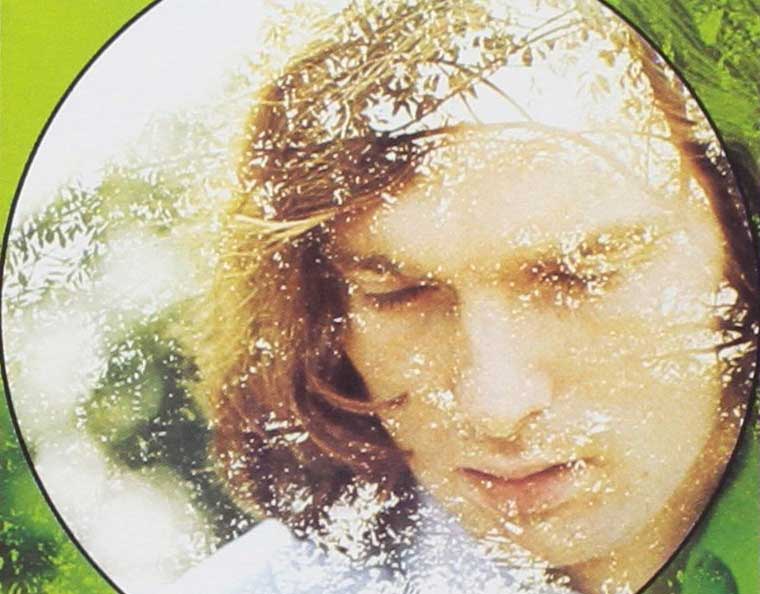Van Morrison was living what he called “a very hand-to-mouth existence” when he recorded the majestic Astral Weeks album in the autumn of 1968. He was 23, broke, depressed, drinking heavily and living in Boston with his first wife, Janet Rigsbee (aka Janet Planet), with whom he worked on a group of imaginative songs he had written as a teenager back home in Belfast and during his residence in Ladbroke Grove in London.
Listen to ‘Astral Weeks’ here.
“Sophisticated poetry that is multi-layered in sounds”
The sublime eight-song album, recorded over just three days (25 September, 1 and 15 October) at Century Sound Studios, 135 West 52nd Street, New York City, represented what Morrison called “sophisticated poetry that is multi-layered in sounds”, a jazz-infused acoustic song cycle behind stream-of-consciousness lyrics about being transported to “another time” and “another place”.
Morrison spent the summer of 1968 playing small clubs and high-school gyms across New England, using a group of local musicians, including flute and soprano saxophone player John Payne, under the banner of the Van Morrison Controversy. As soon as he returned from gigs to his base in Boston, Morrison refined the eight songs – Astral Weeks, Beside You, Sweet Thing, Cyprus Avenue, The Way Young Lovers Do, Madame George, Ballerina and Slim Slow Slider – that would make up Astral Weeks.




